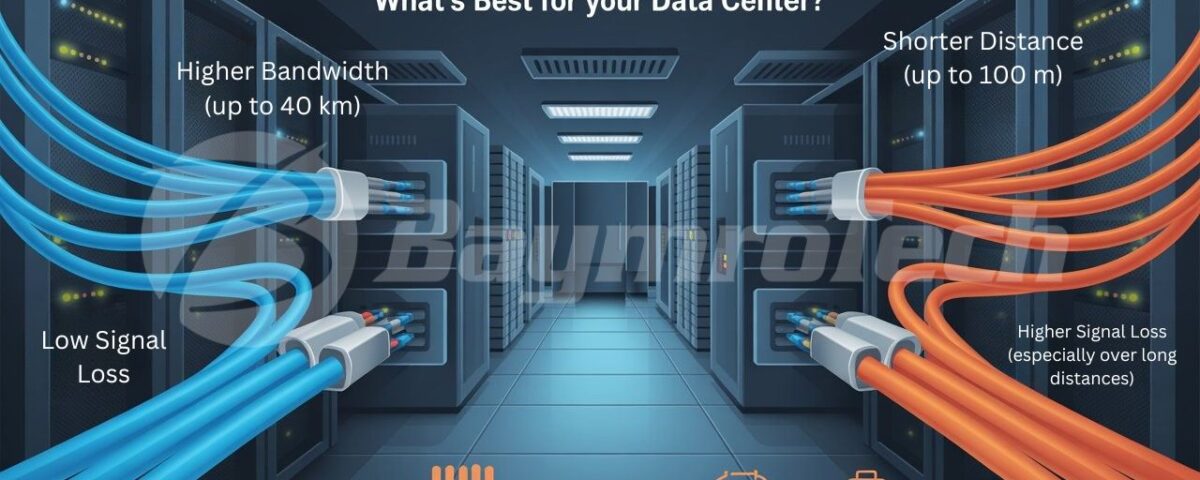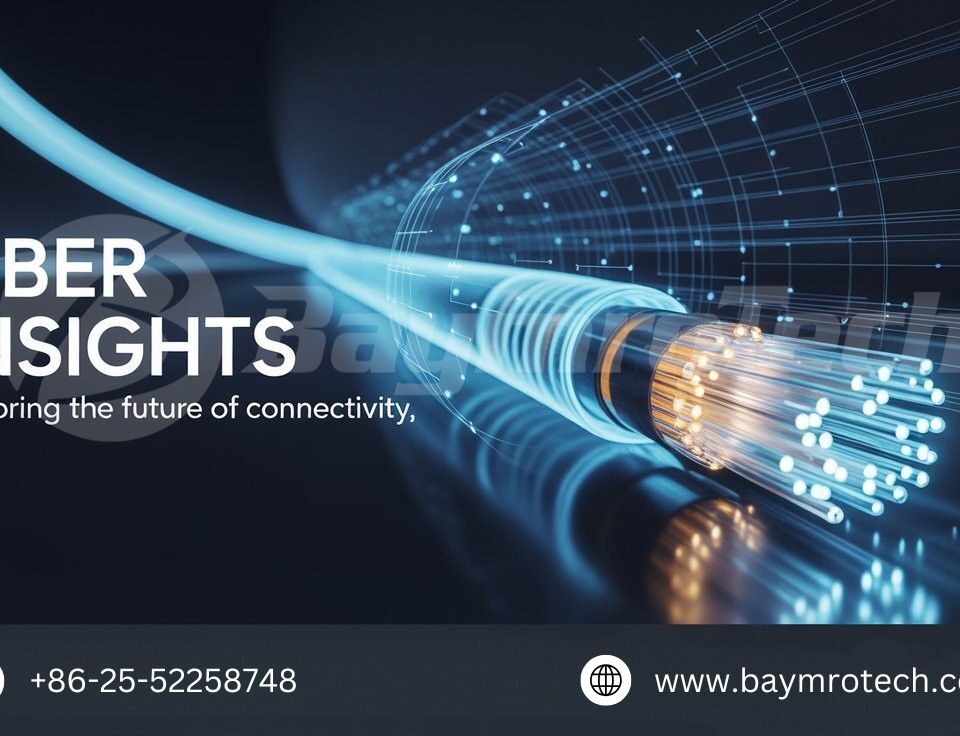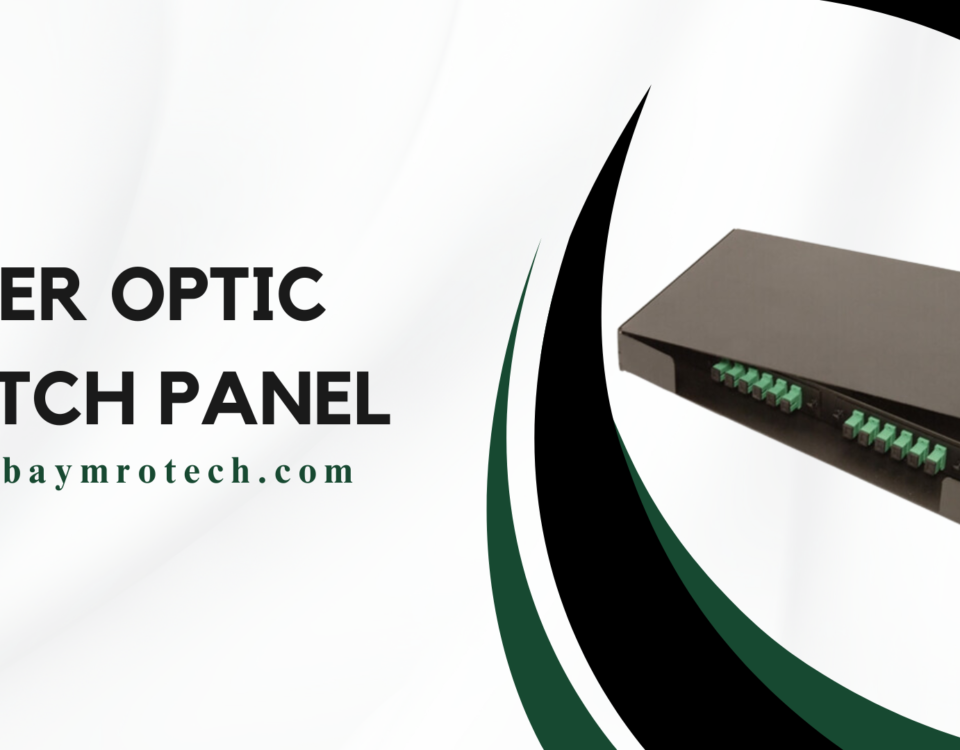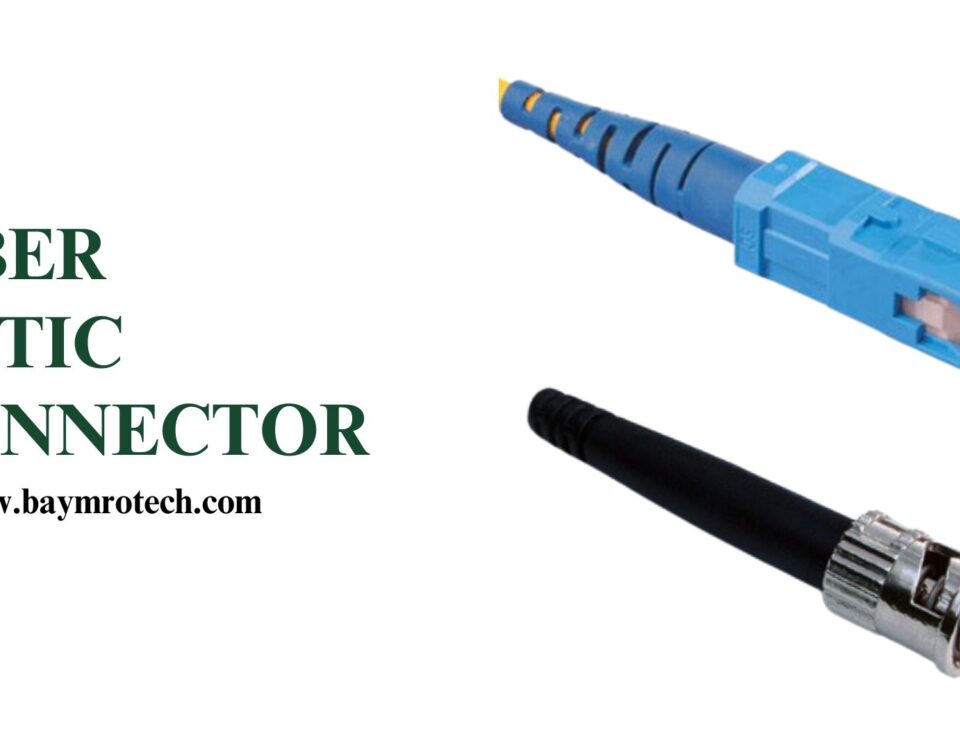When setting up or upgrading a data center, choosing between fiber optic and copper cables is a crucial decision. Each has its strengths. But which one fits your needs best?
In this guide, we compare the two clearly. We’ll help you choose the right cable type based on your network goals, budget, and performance needs.
📶 Performance: Speed and Distance
Fiber optic cables offer much higher bandwidth. They can carry data over longer distances — often up to 40 km or more — without losing signal quality. This is ideal for large data centers, campus networks, or backbone infrastructure.
On the other hand, copper cables, such as Category 6 or 6A, are limited to 100 meters. They are great for short-range connections but may struggle with speed and signal over longer distances.
✅ Winner: Fiber
⚡ Interference and Signal Quality
Fiber optic cables use light signals, which are immune to electromagnetic interference (EMI). This makes them very reliable in environments with lots of electrical equipment or noise.
Copper cables are more vulnerable to EMI. They use electrical signals, which can degrade if the cable runs near power sources or other signal-heavy equipment.
✅ Winner: Fiber
💰 Cost Considerations
Here, copper has the edge — at least upfront. Copper cables are cheaper to buy and install, especially for short-distance runs. If you’re building a small or mid-sized network on a tight budget, copper might make sense.
However, fiber is becoming more affordable. And over time, the longer lifespan, better durability, and lower maintenance needs of fiber cables can save you more money.
✅ Short-term: Copper
✅ Long-term: Fiber
🛠️ Installation and Flexibility
Copper cables are easier to install and terminate. Most IT professionals are already familiar with copper-based network setups.
Fiber optic cables require more skill and care during installation. But modern pre-terminated fiber patch cords and modular components make it easier than ever to install fiber networks.
✅ Tie, depending on project needs and expertise
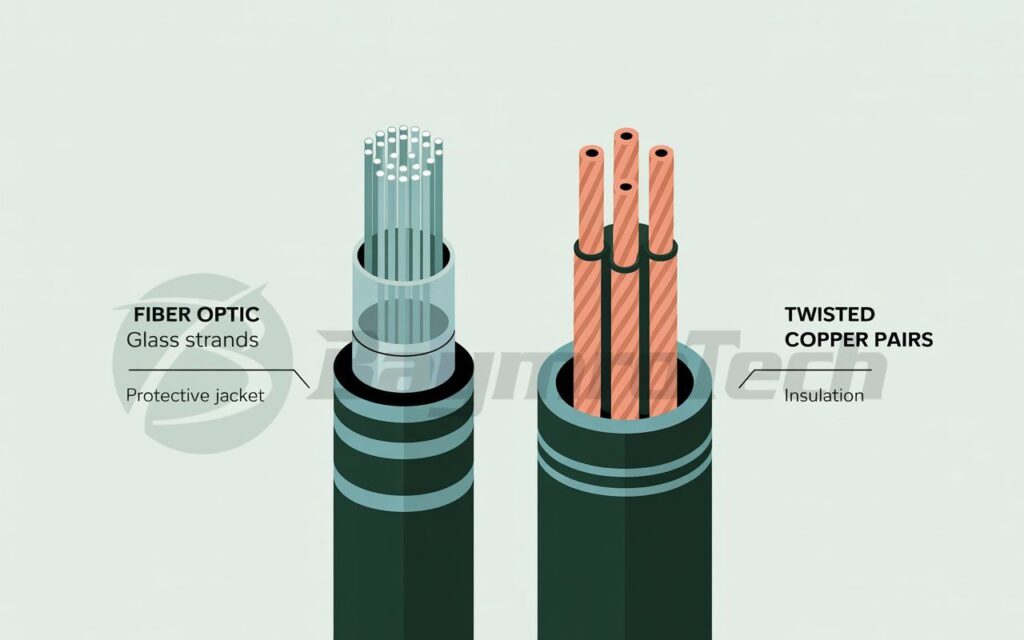

🏗️ Applications: Where They Work Best
- Fiber Optic Cables are perfect for:
- Data centers
- Long-distance links
- High-speed internet backbones
- FTTx network construction
- Copper Cables are great for:
- Small offices
- Server rooms
- Voice and PoE devices
- Budget-conscious builds
At Baymro Technology, we offer a complete range of fiber optic patch cords, copper/fiber composite cables, and custom assemblies to match your exact project needs.
🔍 Still Not Sure?
If you’re uncertain, consider hybrid solutions like copper/fiber composite cables. These give you the best of both worlds: the power of copper and the speed of fiber — all in one streamlined package.
💼 Final Verdict: Which Should You Choose?
- Choose Fiber if you need speed, distance, and reliability.
- Choose Copper if you want low cost and a quick setup.
- Choose a composite or hybrid solution if you want flexibility.
🚀 Let’s Build Your Perfect Network
As a leading fiber optic cable manufacturer, Baymro Technology has helped over 490+ global clients design high-performance networks since 2006. Whether you’re building a data center, upgrading a FTTx system, or deploying an IPTV or CATV solution, we have the right components and expertise.
➡️ Ready to upgrade your network?
Contact us for fiber optic patch cords, copper/fiber composite cables, or a custom-built solution that fits your goals.
📞 Call +86-25-52258748 or
📧 Email: jacky.cheung@baymrotech.com

